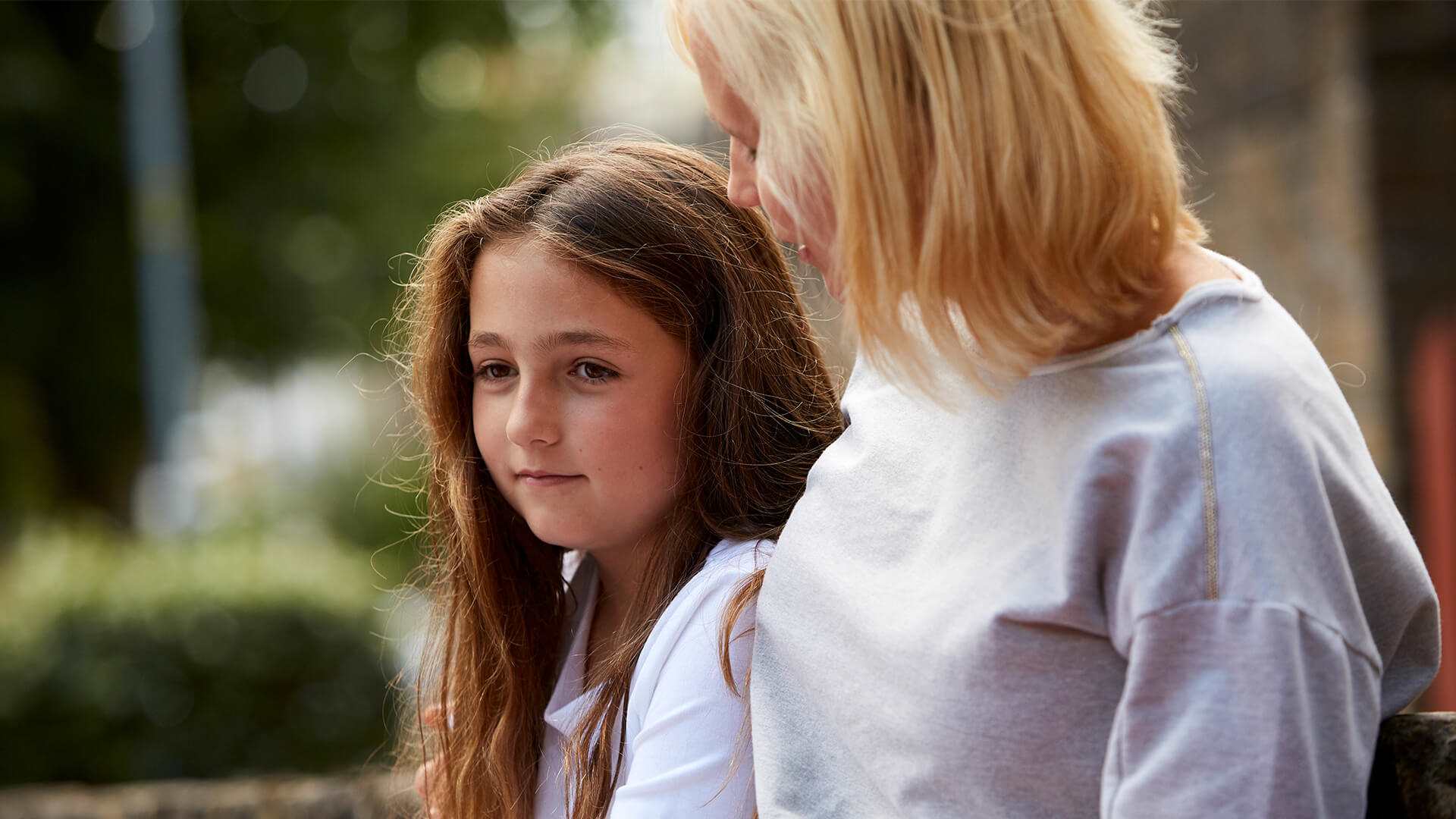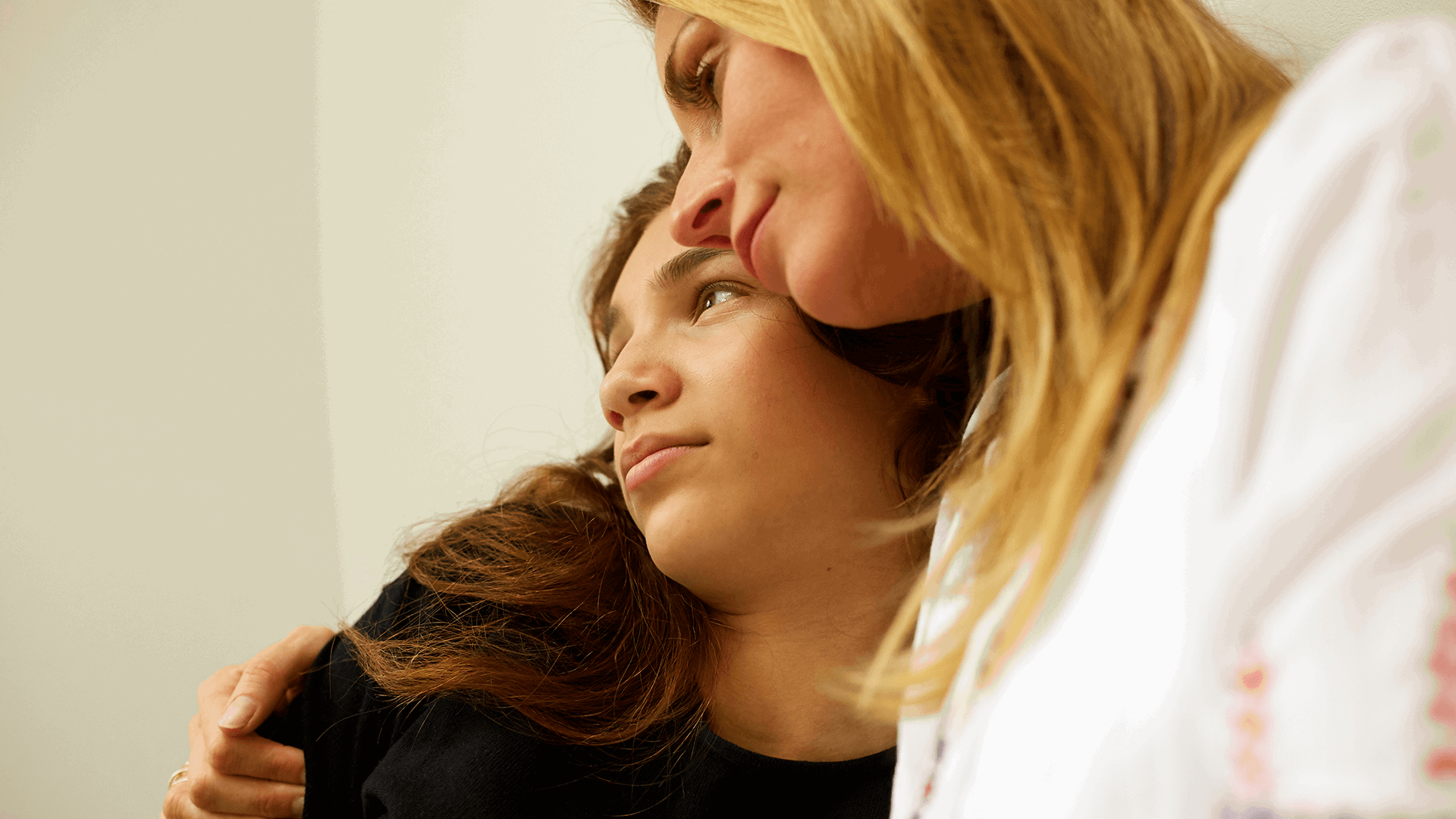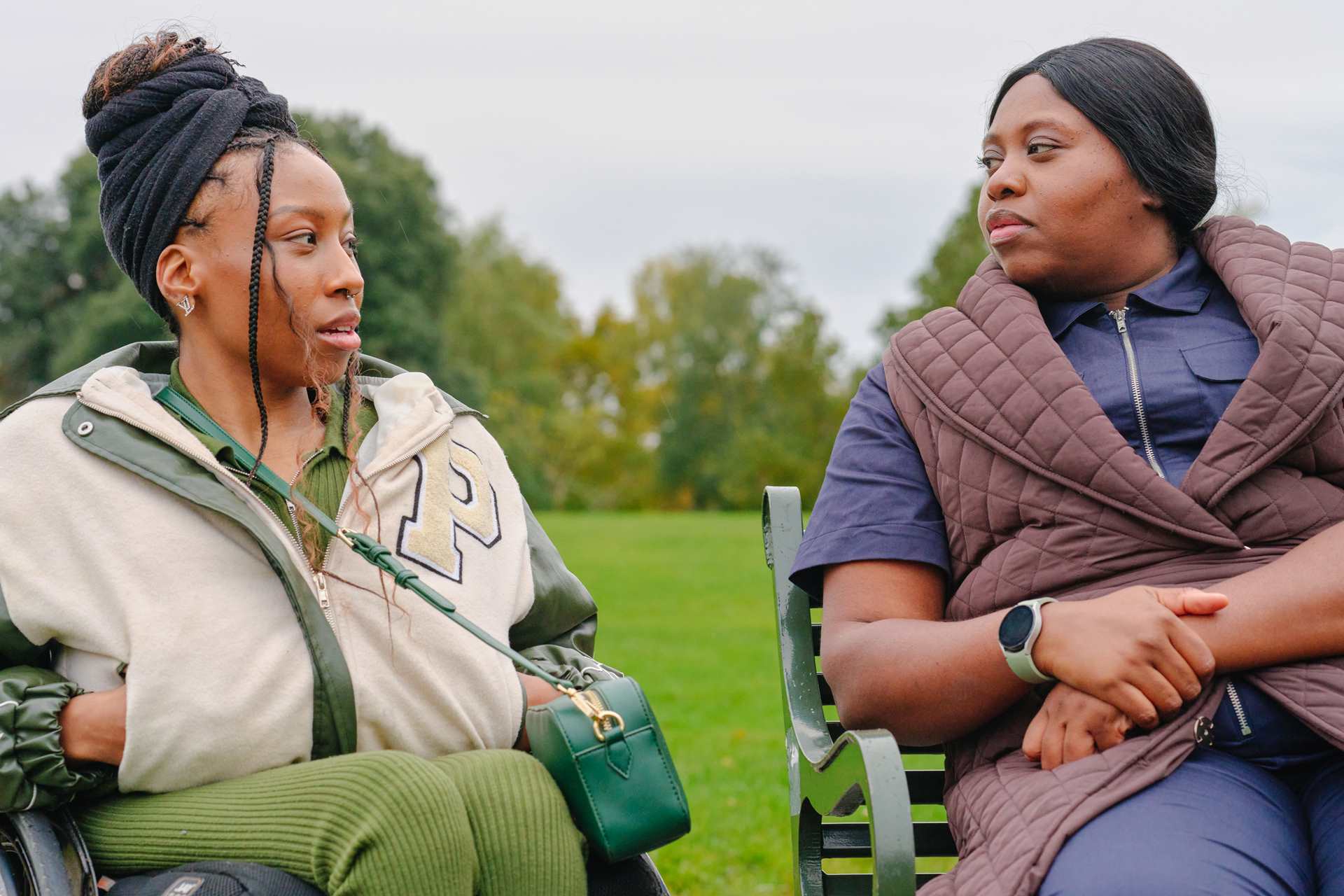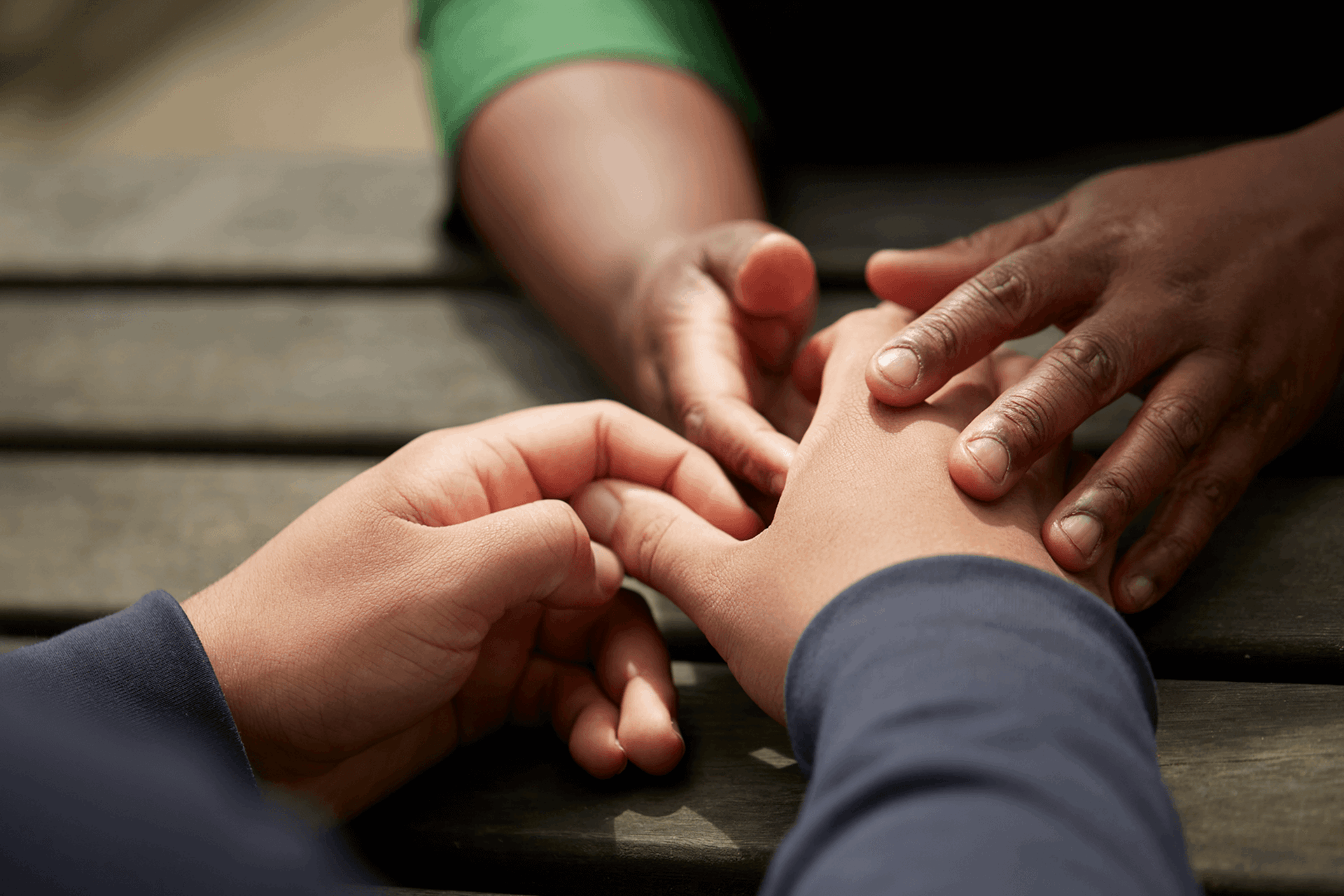While it can sometimes be hard to understand from the outside, doing these kinds of things might:
- make someone feel they have a way of coping when things are difficult
- make someone feel in control, or give them a way of reducing anxiety or panic when they’re overwhelmed
- numb or reduce uncomfortable or distressing feelings
Over time, these kinds of thoughts and behaviours around food might become very fixed and difficult to change – and may start to take over daily life. When this happens, it can have a hugely negative effect on a young person’s social life and their relationships with friends and family. It can also lead to very serious physical health problems, and affect a young person’s physical growth and development. In very serious cases, and without the right kind of support and treatment, eating disorders can cause death.
But if someone gets the right professional help, the eating disorder can be treated and they can get better. The earlier they get help, the easier this will be. There are lots of common stereotypes about what someone with an eating disorder will look like. As a parent or carer, it’s important to understand that a young person’s weight or appearance does not determine whether they have a problem. Whatever’s going on, it’s important to find help as soon as you notice behaviours around food that are concerning. The sooner they get support, the easier it will be for the young person to change their behaviour and find other ways of coping. Getting help early can also prevent physical health problems from developing.










